The Career Coaching Gap
Helping students or early-career professionals map their future is no small task. Whether you’re a student figuring out where to begin, a recent graduate navigating the job hunt, or an educator guiding others toward employability, the modern career landscape can feel overwhelming. Traditional advice often doesn’t cover new, non-linear, or tech-driven paths. Plus, not everyone has access to a personal mentor or career coach.
But here’s the good news: generative AI, like ChatGPT, is changing that.
In Harvard Business Review’s April 2025 article, Tomas Chamorro-Premuzic described how AI can now act as a “first draft” career coach. AI tools won’t replace human expertise, but they can provide accessible, scalable, and surprisingly insightful guidance, when used the right way.
This article breaks down how AI can support career development for learners and educators alike, and how you can start using it immediately, with practical, powerful prompts.
Why AI Career Coaching Is Worth Exploring
Let’s start with why AI makes sense as a career tool.
For students and young professionals, AI offers:
-
Low-barrier access to quality guidance
-
On-demand support, 24/7
-
The ability to explore multiple paths quickly
-
Instant feedback on CVs, interviews, and more
For educators and career advisors, it offers:
-
Scalable tools for group workshops or one-to-one support
-
Fresh, digital-first techniques to enhance traditional methods
-
Opportunities to embed employability into digital literacy lessons
-
Ways to meet learners where they are, online and curious
AI isn’t here to replace coaching, it’s here to extend it. Used well, it gives students agency and educators capacity.
What AI Can Help With
Let’s break it down. AI can support learners and job seekers across five key areas:
1. Self-Discovery
AI helps students articulate their skills, interests, and values often the first step toward career clarity.
Prompt to try:
“Help me identify possible careers based on my interests in sustainability, storytelling, and technology.”
2. Research & Exploration
Students can use AI to explore industries, job roles, and study options they may not even know exist.
Prompt to try:
“What’s it like to work in UX design? What skills do I need and how can I get started from scratch?”
3. Skill Building
AI can recommend courses, side projects, or portfolio ideas to build confidence and employability.
Prompt to try:
“What are five projects I can do to practice digital marketing skills while still in college?”
4. CV & Cover Letter Support
Students can plug in their details and get structured feedback or generate first drafts.
Prompt to try:
“Here’s my CV. Can you check it for clarity and make suggestions based on a junior developer role?”
5. Interview Preparation
AI can simulate interview questions and offer tips on improving answers, tone, or structure.
Prompt to try:
“Pretend you’re interviewing me for a social media assistant job. Ask five questions and give feedback on my answers.”
For Educators: How to Integrate AI Into Career Development
If you’re a teacher, lecturer, or career advisor, you might be asking: How do I use this responsibly in the classroom or workshops?
Here are a few starting points:
1. Use Prompts in Workshops
Create AI-powered exercises. For example, get students to draft a personal statement using ChatGPT, then critique it as a group.
Activity idea:
Ask students to input their experience into ChatGPT using this prompt: “Write a personal statement for a university application in environmental science. Highlight my passion for climate activism and my volunteering experience.”
Then, discuss how they’d improve it.
2. Scaffold the Experience
Emphasize that AI is a tool, not the answer. Encourage students to fact-check, edit, and reflect. This promotes digital literacy and critical thinking.
Educator tip:
Create a prompt bank for your learners, but also teach them how to write better prompts themselves.
3. Teach Prompt Engineering
Even basic AI use is a gateway into digital skills. Help students learn how to structure questions to get relevant responses.
Mini-lesson idea:
Compare vague prompts vs. specific ones.
Example: “Help me find a job” vs. “Suggest remote jobs for a psychology graduate who enjoys writing and mentoring others.”
4. Embed It Across Subjects
AI isn’t just for careers, link it to enterprise, media studies, or ICT lessons. It’s also great for portfolio development in creative fields.
Example application:
In media studies, students can use AI to generate ideas for projects or even draft scripts. In ICT lessons, they could explore how AI is used in programming or machine learning. Encouraging students to think about AI’s broader role in various industries will help them develop a more holistic understanding of its potential.
Real-World Use Case: A Recent Grad in Transition
Let’s say Emma just finished a degree in English. She’s interested in content creation but unsure how to break into the field.
Here’s how she could use AI:
1. Explore career options:
“What jobs suit someone who loves writing, editing, and digital media?”
2. Build confidence:
“Suggest 3 freelance writing gigs I could try this summer, with tips to land my first client.”
3. Craft a CV:
“Here’s my experience. Help me write a CV tailored to a junior content creator role.”
4. Practice interviews:
“What are typical interview questions for a marketing assistant? Help me answer them using the STAR method.”
5. Plan next steps:
“What certifications or courses would make me stand out in content marketing?”
A Few Words of Caution
AI is a tool. It’s powerful, but not perfect. Here are a few things to watch out for:
-
It can be generic unless you give it enough context.
-
It doesn’t know you personally, so always tailor the advice.
-
It may include outdated info, especially for fast-changing industries.
-
It can make things up, AI is creative, but not always accurate.
Teach students to use AI alongside human input: from mentors, advisors, teachers, or trusted resources.
Prompt Bank: Try These with Students or Job Seekers
Here’s a ready-to-go list of AI prompts you can share in lessons, workshops, or personal use:
Career Direction:
-
“Based on these interests [insert list], what are five modern careers I should explore?”
-
“What industries are growing for remote work and don’t require a degree?”
Skill Building:
- “Suggest online courses that match these skills: design thinking, basic coding, storytelling.”
-
“What entry-level jobs can help me develop project management skills?”
Applications:
- “Write a professional summary for my CV as a recent business grad applying to internships.”
-
“Create a short and engaging LinkedIn bio based on my volunteer and academic work.”
Freelance/Alternative Careers:
- “What are practical steps to start a career as a digital illustrator working remotely?”
-
“Help me plan a 3-month roadmap to become a freelance UX writer.”
Mapping Your Next Move with AI:
- “Help me plan a 3-month roadmap to become a freelance UX writer.”
Empowerment Through AI
AI won’t make your decisions for you, but it will help you ask better questions, discover new paths, and build your confidence. Whether you’re a student just starting out, a job seeker looking for a change, or an educator guiding others, AI can be a powerful ally.
You don’t need all the answers. You just need the right prompt to get started.
